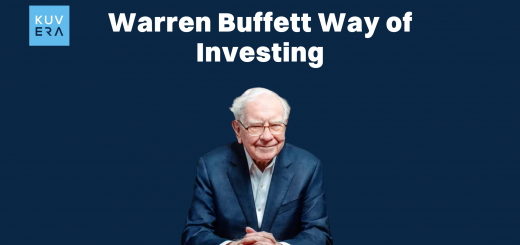“Money never sleeps,” said Gordon Gekko in the 1987 film ‘Wall Street’. Same goes for India’s mutual fund market. It isn’t just awake, it’s sprinting. July’s numbers from the Association of Mutual Funds in India (AMFI) are here and the equity mutual fund inflows hit a record-breaking ₹427.02 billion. This is an 81% surge from June, marking the 53rd consecutive month of gains.

But why?
For one, opportunity met timing. The US-India tariff conflict and slow corporate earnings caused a market dip. Retail investors saw a sale on Dalal Street and SIP inflows kept rising.
Equity SIP Inflows
July’s SIP contributions hit an all-time high of ₹284.64 billion, up from ₹80.64 billion in 2019. That’s a 3.5x jump in just six years. The number of active SIP accounts also climbed to 91.1 million, from 86.4 million in June.

This isn’t just disciplined investing, it’s a pattern.
Nearly 92% of India’s under-30 investors make monthly SIP contributions, which is ₹1000 per transaction. They may be investing smaller amounts than the over-30 crowd (by 18%), but they’re doing it regularly.
Mid and Small Caps

The data clearly shows an appetite for higher-risk and higher-reward plays. As A. Balasubramanian of Aditya Birla Sun Life AMC put it, “The rise in mid-cap, small-cap, and sectoral fund participation signals a growing appetite for diversified growth.”
Gen Z
Nearly 48% of India’s mutual fund investors are between 18 and 30 years old. According to a report by Share.Market on India’s young investors in Mutual Funds on International Youth Day, 95% of Gen Z investors begin their mutual fund journey with equity. Therefore, they are bypassing comparatively low-yield savings in favour of long-term compounding potential.
Another report by AMFI says that 81% of these young investors come from B30 cities. B30 cities are the cities beyond the top Indian cities like Jodhpur, Raipur, Visakhapatnam, Gorakhpur, Mysore, Jamshedpur, Kolhapur and many others. These cities prove that financial literacy and market participation are no longer just limited to the top cities.
Gold and Silver ETFs
While equities dominate, alternative assets are quietly spreading their influence as well. Gold ETFs saw inflows of ₹12.56 billion in July, silver ETFs drew ₹19.04 billion.

SEBI on Transaction Charges
SEBI has scrapped transaction charges for mutual fund distributors. Asset management companies (AMCs) can no longer charge any fees. Earlier, distributors were eligible for such charges if they brought in a minimum subscription amount of ₹10,000 as per SEBI. The decision followed public consultations in May 2023 and industry discussions in June 2025. SEBI observed that distributors, being agents of AMCs, are already remunerated through commissions, making additional transaction charges as unnecessary.
To Sum It Up
Despite volatile earnings cycles, international trade tensions, and foreign investor pullouts, which totaled $2 billion in July, investors are still rising in the mutual funds market. The record of ₹75.36 trillion in the Mutual Fund AUM indicates that retail investors in India have grown more patient and confident.
Interested in how we think about the markets?
Read more: Zen And The Art Of Investing
Watch here: Investing in Passive Funds












